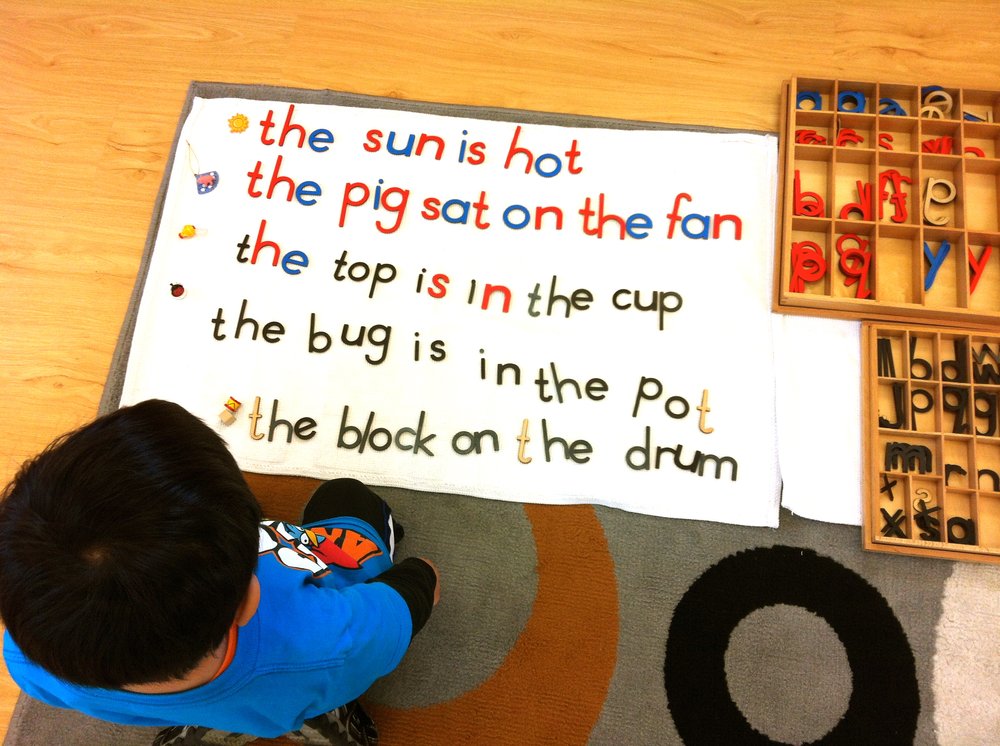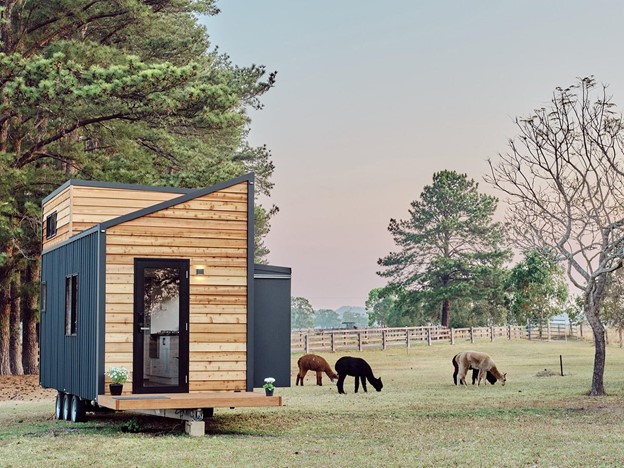As with any educational institution, mileage will vary in terms of quality of education, ratio of instructors to students, educational approach, effective teachers, the management style, basically the overall structure and philosophy of a school.
That is why parents can find themselves in a conundrum attempting to choose the best school for their children. We want to help these parents in their decision-making process by offering the following salient points to consider:
Reputation – This is an obvious one. It is utterly essential for parents to do their homework, so-to-speak, and research different schools. Ask for references, inquire about their track record, i.e., how the school and students rank, if they are accredited, what became of the students and more.
Take the time to meet with the headmaster or principal, instructors, parents of current students and even the students, no matter how young they are, if that is allowed. Ask questions that will help you understand how the place is run and also assess how happy and engaged the students are based on what is offered to them.
Teachers – If the bilingual school is in France, where both French and English are taught, it is imperative that native speakers teach their own language.
In other words, the French teacher should be French and French is his/her mother tongue. If the teacher teaches American English, he/she must be from the U.S. Additionally, the instructors must have the proper credentials. It is not enough that they are native speakers; they must also know how to teach competently. This seems like an obvious requisite but you would be surprised at how many non-accredited teachers are employed at schools.
Personality, Methodology and Style – Visit schools to get an impression of the general feeling of the place. Look around and see if students looks happy, if the classes and outside areas are pleasant, etc.
Inquire about the methodology of class teaching, how coursework is structured, if it’s language immersion style (we recommend this method), what resources are available to the students, what kind of support system is installed and whatever else is pertinent to your helping you make your decision. It is also important to assess teaching styles; are kids having fun while learning at the same time?
What sorts of activities do they participate in? Are there games? Do teachers incorporate extra-curricular topics into their assignments? Does the coursework and classes encourage the student to think for him or herself or is it rote and memorization? Is there active (versus passive) learning? Are there group activities? All of these factors play important roles in the rounded development of the child, not just in regard to language learning, but education as a whole.
Cost – In determining and selecting the best bilingual preschool or kindergarten for kids, parents would be remiss if they do not take tuition and fees into consideration. It goes without saying that they must choose a school they can afford. In plain English that means don’t break the bank, parents!
Discuss your budgetary issues, if any, and go from there. If you are somewhat restricted, you may be forced to accept some compromises. Don’t let this issue cause too much stress. Work with what you’re comfortable with and proceed with caution yet with conviction. If you do your homework well, like we’ve suggestion throughout this article, and carefully weigh your choices before your make a decision, you most likely will seize the best opportunity for you and your child.








